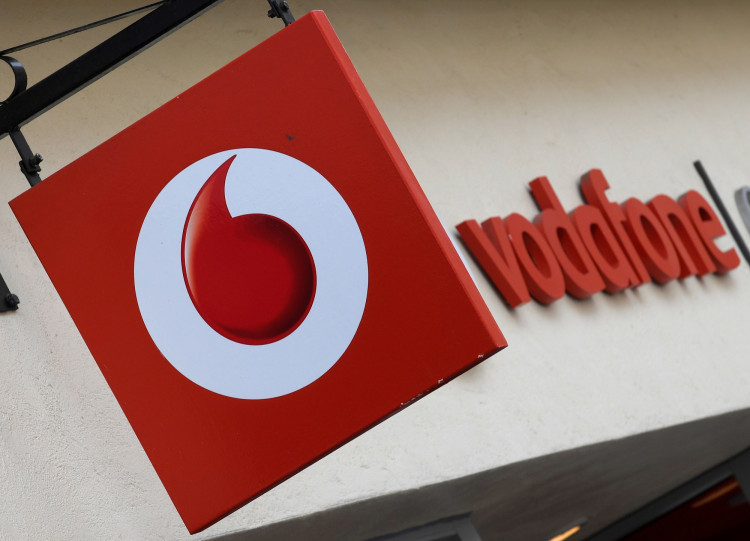British telecommunication companies Vodafone Group and BT Group have both issued statements aimed at informing lawmakers of the difficulty involved in removing and replacing all of their equipment made by Huawei Technologies. The statements were in response to the government's reported intention of outright banning the use of the Chinese giant's equipment in its existing networks and its planned 5G infrastructure.
Vodafone estimated that it would take it more than five years to swap out all of its Huawei-made equipment. The carrier also stated that the cost of such an undertaking would likely be in the billions of pounds as thousands of their base stations across the nation are equipped with Huawei-made components. The company's head of UK networks told the Parliament's Science and Technology Committee on Thursday that if they are forced to make the changes quickly, there will be major service disruptions.
Meanwhile, BT's chief technology and information officer, Howard Watson, added that the company would likely need at least seven years to complete the removal and replacement of its Huawei-made equipment without causing service disruptions. He explained that it will take time and effort to close streets and dispatch its engineers to all of its sites across the country.
Watson told lawmakers that it would be "logistically impossible" to achieve such as shift within a three-year period. His statement was in response to the previously touted time-frame targeted by a number of Conservative party lawmakers. He added that if the company were to be forced to adhere to the three-year timeframe, it would result in multiple blackouts for customers of its 2G, 4G, and 5G networks.
BT's cost estimate for the removal and replacement of its Huawei-made components was lower than Vodafone, with the company stating that it could be in the well beyond 500 million pound-range. The company previously stated that it had prepared such an amount to comply with the rules if it is passed.
As of the moment, around two-thirds of BT's mobile network infrastructure is comprised of Huawei components, while the rest are equipment supplied by Nokia. For Vodafone, around a third of its equipment is supplied by Huawei, while the rest is supplied by Ericsson.
Back in January, British Prime Minister Boris Johnson had imposed new rules that limited Huawei's involvement in the country's 5G and fiber optic networks to 35 percent. For now, officials are still reviewing the possible impact of outright banning the company from having a presence in its networks.






